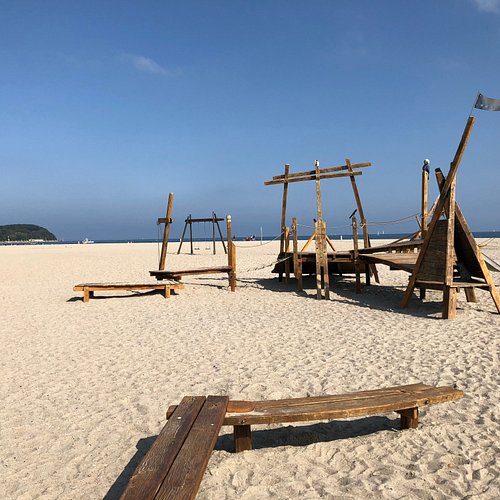
WEIGHT: 61 kg
Bust: A
1 HOUR:70$
NIGHT: +90$
Services: Smoking (Fetish), Face Sitting, Food Sex, Massage professional, Foot Worship

In theory and diplomacy, the emperors were considered the first among equals of all of Europe's Catholic monarchs. A process of Imperial Reform in the late 15th and early 16th centuries transformed the empire, creating a set of institutions which endured until its final demise in the 19th century.
Since Charlemagne , the realm was merely referred to as the Roman Empire. The exact term "Holy Roman Empire" was not used until the 13th century, before which the empire was referred to variously as universum regnum "the whole kingdom", as opposed to the regional kingdoms , imperium christianum "Christian empire" , or Romanum imperium "Roman empire" , [ 29 ] but the Emperor's legitimacy always rested on the concept of translatio imperii , [ h ] that he held supreme power inherited from the ancient emperors of Rome.

By the end of the 18th century, the term "Holy Roman Empire of the German Nation" fell out of official use. Contradicting the traditional view concerning that designation, Hermann Weisert has argued in a study on imperial titulature that, despite the claims of many textbooks, the name "Holy Roman Empire of the German Nation" never had an official status and points out that documents were thirty times as likely to omit the national suffix as include it.
In a famous assessment of the name, the political philosopher Voltaire remarked sardonically: "This body which was called and which still calls itself the Holy Roman Empire was in no way holy, nor Roman, nor an empire.

David S. Bachrach opines that the Ottonian kings actually built their empire on the back of military and bureaucratic apparatuses as well as the cultural legacy they inherited from the Carolingians, who ultimately inherited these from the Late Roman Empire.
































